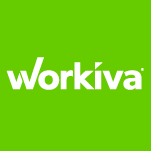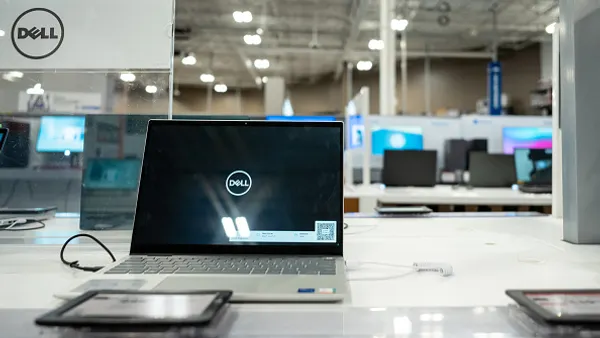High-tech indoor greenhouse grower AppHarvest raised $475 million in a four-month reverse merger it completed yesterday, as investors, seeing a promising environmental, social and governance (ESG) opportunity, poured money into the company.
"The level of interest in a company like ours is extraordinary," David Lee, the company's president, told CFO Dive in an interview Monday. "From the investment community, if you had gone back 10 years, you would ... perhaps [have] less awareness on how mission-driven companies can be sources of superior financial return, even as they do good."
The company is structured as a B-corporation, a relatively new designation that applies to companies that measure success based on ESG values in addition to profitability. The designation is conferred by a global nonprofit, B Lab. As of last year, there were roughly 3,300 B-corps in 70 countries.
Against the backdrop of activist investors and public demonstrations seeking to hold companies accountable for community impacts, ESG values are becoming increasingly important to investors.
"The capital we raised in this transaction will further advance our mission of transforming agriculture by developing large-scale sustainable food production," Jonathan Webb, AppHarvest founder and CEO, said in a statement.
Money for growth
The company was founded in 2017 with a mission of providing healthful, non-GMO foods with substantially less water, land and chemicals.
With the completion yesterday of the reverse merger with a special purpose acquisition company (SPAC) called Novus Capital, AppHarvest began trading publicly on Nasdaq. In its first guidance as a public company, it said it expects to earn $21 million in net revenue and $41 million in adjusted EBITDA.
The transaction gave the company $435 million in unrestricted cash to fund its growth plans. It operates a 60-acre greenhouse in its Morehead, Kentucky headquarters, and plans to use part of its new money to develop up to 12 of these large-scale indoor controlled-environment farm projects by 2025.
"That [figure] is ambitious," Lee said. "We are not hoping to be a precious, cute, small player; we intend to be a major force transforming food and agriculture."
Lee joined the company last month after serving as COO-CFO, and later solely CFO, of Impossible Foods over the last five years.
Lee touted AppHarvest's SPAC partner for sharing the company's vision and making it possible to complete the transaction in just four months.
"The speed with which we pulled it off surprised me," he said. "With SPACs, it's really important the right high-quality investors participate. We were really lucky to find such a great partner in Novus Capital."
Under a SPAC transaction, a private company goes public by merging with a blank-check company that's already publicly traded. The blank-check company has up to two years to find a merger partner and deploy its capital.
Transactions can take as long as a year to complete. That this merger was completed in four months reflects the compatibility of the companies and AppHarvest's proactivity, Lee said.
"Every SPAC is particular to the parties involved," he said. "Where the company is, in terms of readiness, wildly varies."
He credited Novus chairman Bob Laikin with sharing AppHarvest's vision and having the background of an entrepreneur who understands how to manage hyper-growth, something Lee had to manage at Impossible Foods.
"That's why I was excited to join as president," he said. "The vast majority of my experience was for large consumer public companies looking to undergo or lead a transformation. That's why I hope I have some experience to leverage and help this young company."
Going forward, he will focus on leveraging his finance experience to help the company manage its new resources.
"My time as CFO will help me be a better president, because finance has to cross-functionally support all parts of an organization," Lee said.
"The fundamentals of having a strong finance department are having good controls, a clear idea of the strategy and the business model of the company. They all are critical, whether you use a SPAC, direct listing or an IPO. That's particularly important to remember as so many companies choose to merge with SPAC partners," he said.














